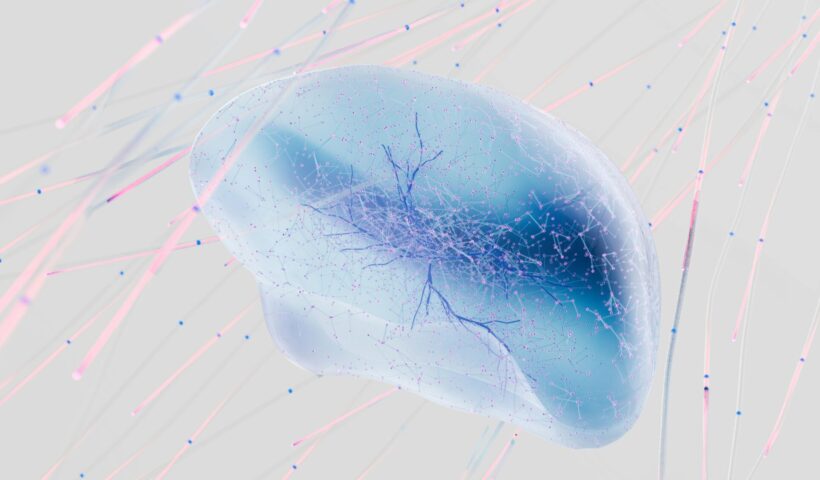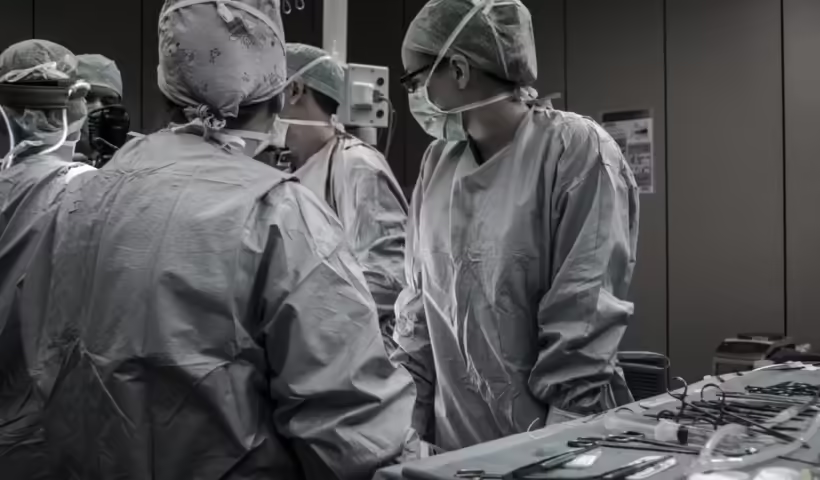The highly anticipated MMO survival game, The Day Before, faced significant backlash upon release due to misleading marketing tactics by Fntastic, the game developers. The discrepancies between the polished trailers and the actual state of the game, coupled with allegations of fabricated footage and unfair labor practices, have led to widespread disappointment among players. This incident highlighted the need for greater transparency and accountability within the gaming industry, emphasizing the importance of ethical marketing practices to rebuild trust between developers and players.
View More The Day Before: The Ethical Lesson of Misleading Game MarketingCategory: Semester
Neuralink’s Gamble: Public Response After First Clinical Trial’s Failure
Neuralink’s Brain-Computer Interface (BCI) technology, brain chip, has demonstrated its potential to restore mobility to those with paralysis. However, the brain chip’s technical challenges and ethical dilemmas have begun to surface after its first clinical trial. The human brain and machine connection raises heated ethical discussions about BCI’s potential implications.
View More Neuralink’s Gamble: Public Response After First Clinical Trial’s FailureCrowdStrike’s Global Computer Crash Fiasco
CrowdStrike released a faulty system update that caused computers to crash on a large scale all over the world. From grounding flights, to delaying medical treatment, the outage reveals the dangers of putting all your cybersecurity defenses into one company.
View More CrowdStrike’s Global Computer Crash FiascoLife and Morality: The Ethical Debate of Normothermic Regional Perfusion in Organ Transplants
Organ donations and transplants are responsible for saving the lives of thousands of people per year. However, these procedures come with numerous complications, including ischemia-reperfusion, which can lead to transplant failure. A new method called normothermic regional perfusion (NRP) is gaining more attention for its potential to reduce some of these complications compared to more traditional methods. Despite its potential, NRP is sparking ethical debates among the medical community.
View More Life and Morality: The Ethical Debate of Normothermic Regional Perfusion in Organ TransplantsChandra X-ray Observatory: A Stellar Legacy at Risk
NASA has shocked the scientific community with its proposition to decommission the Chandra X-ray Observatory. This has sparked a heated debate about the ethics of shutting down such a crucial scientific instrument. Given Chandra’s groundbreaking discoveries, historical significance, and potential for future research, many have come together to reverse the decision and preserve this invaluable asset for current and future generations of scientists and space enthusiasts.
View More Chandra X-ray Observatory: A Stellar Legacy at RiskFace Value: The Ethics of Facial Recognition Technology
Hosted by Aryan Shah, Deep Shah, and Kayden-Harmony Greensteinwith with guest Jenna German Is our privacy at risk in the age of facial recognition? This…
View More Face Value: The Ethics of Facial Recognition TechnologyNavigating the Stars: Ethical Dilemmas in Interplanetary Expansion
Hosted by Aryan Shah, Deep Shah, and Kayden-Harmony Greenstein, with guests Nakul Malik and James Austin Are we aiming too high with our interplanetary ambitions,…
View More Navigating the Stars: Ethical Dilemmas in Interplanetary ExpansionBlueprints of Justice: Exploring the Ethical Landscape of Infrastructure
Hosted by Aryan Shah, Deep Shah, and Kayden-Harmony Greenstein, with guests Karsyn Wendler and Allison Mendoza Are we constructing our future on shaky ethical grounds?…
View More Blueprints of Justice: Exploring the Ethical Landscape of InfrastructureIs VAR Ruining Football?
VAR technology was adapted to make calls made by referees more accurate. For better or worse it has changed the way soccer is played. The 2024 Euros have been riddled with examples of how VAR is hurting soccer.
View More Is VAR Ruining Football?How Free is Freemium? An Analysis of the Ethics of the Freemium Model in Video Games
The freemium game model has seen many variations throughout the evolution of the gaming industry. This paper explores the many forms that freemium models have taken, analyzing the practices employed by developers to monetize their games. The ethical implications of these practices will be examined, focusing on the impact of these practices on player experience, fairness, and the overall health of the gaming community.
View More How Free is Freemium? An Analysis of the Ethics of the Freemium Model in Video Games






